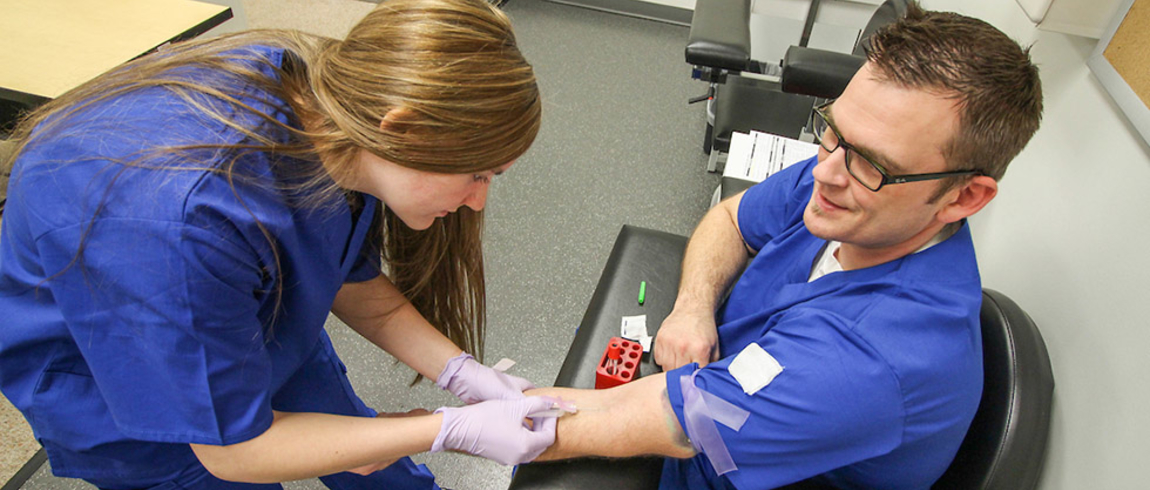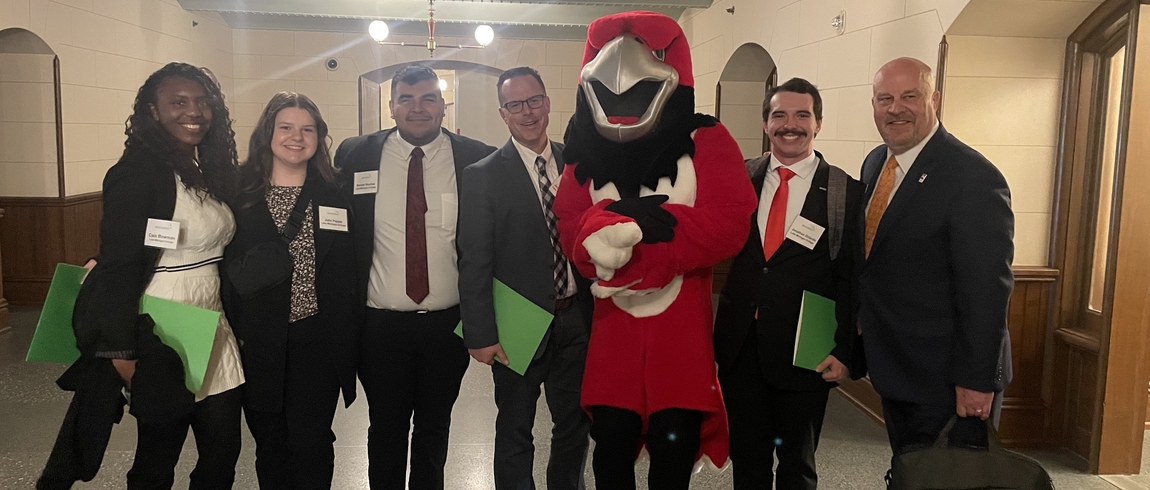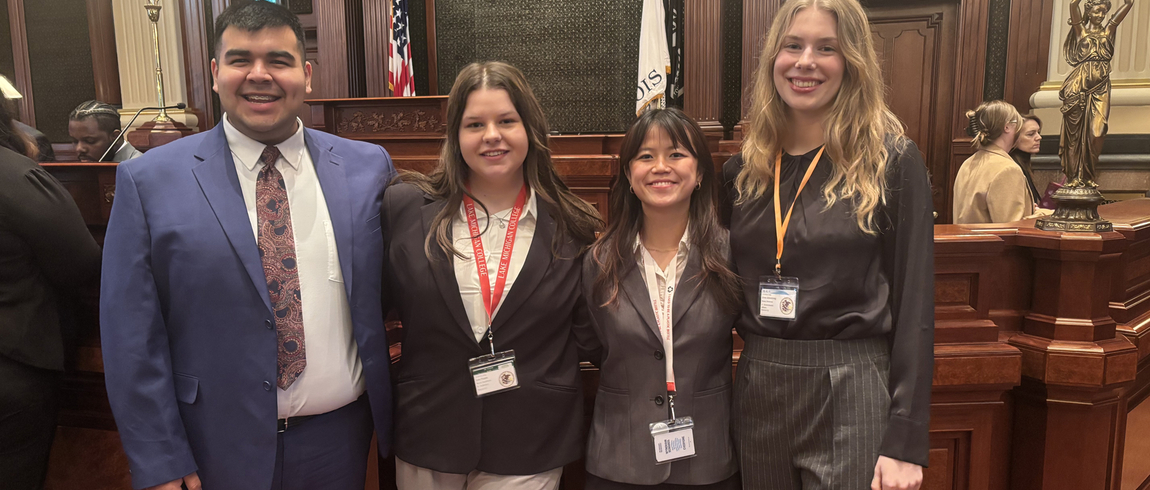The number of Americans age 65 and older is projected to nearly double from 52 million in 2019 to 95 million by 2060, according to the U.S. Census Bureau. That trend corresponds with a growing demand for Health Sciences professionals.
Lake Michigan College’s South Haven campus is fulfilling both current and future needs of the region’s aging population with its Certified Nursing Assistant (CNA) and Phlebotomy Technician programs.
The majority of CNAs work with the elderly in nursing and residential care facilities, becoming an active part of their patients’ everyday lives. CNAs do everything from taking blood pressure and dressing wounds to feeding and repositioning bedridden patients.
“There’s a real need in the South Haven community for Certified Nursing Assistants, so we started our first class there in March 2018,” said LaToya Mason, LMC’s Director of Health Sciences. “Since then, we’ve had three classes go through the program, and we just started our fourth.”
The state-approved curriculum includes six weeks in the classroom and one week gaining hands-on experience with patients at South Haven Nursing & Rehab before taking the Michigan CNA Exam.
“They are very well prepared.We’ve hired LMC students who have come here, because they just jump right in and help.”
— Treasure Pemberton
Director of Nursing,
South Haven Nursing & Rehab
In 2018, LMC launched a Phlebotomy Technician program in South Haven. Phlebotomy Technicians draw blood samples from patients or blood donors and prepare those specimens for medical testing. The U.S. Department of Labor expects the profession to grow 25 percent nationally by 2024.
This two-semester program includes classroom and lab work in the spring and externships with partners Bronson South Haven Hospital and InterCare Community Health Network in the summer. Many students sit for their national certification before leaving the program.
“We’ve had quite a few students who have been offered jobs either during or right after their externship,” Mason said. “Since they can work in either an outpatient clinic or a hospital setting, the job market is outstanding.”

Phlebotomy students practice on each other


